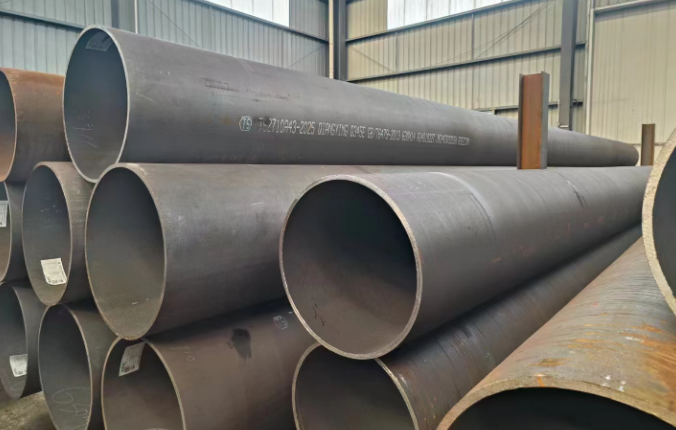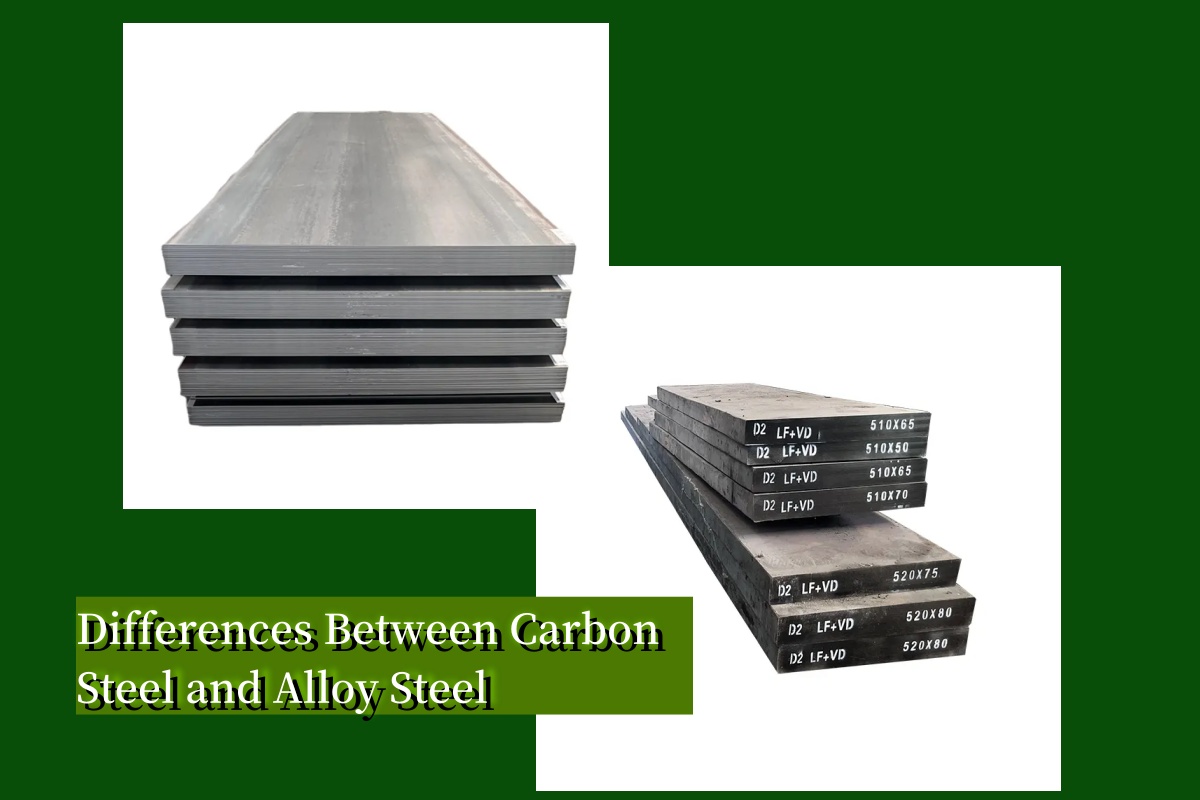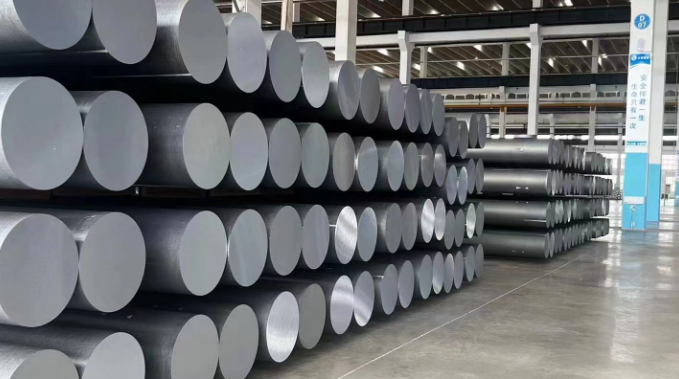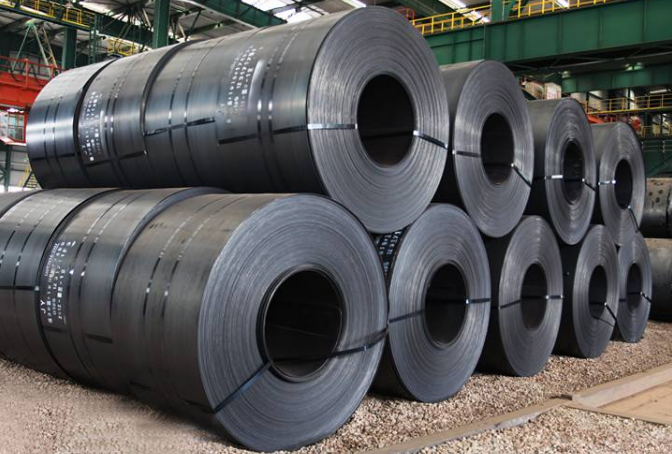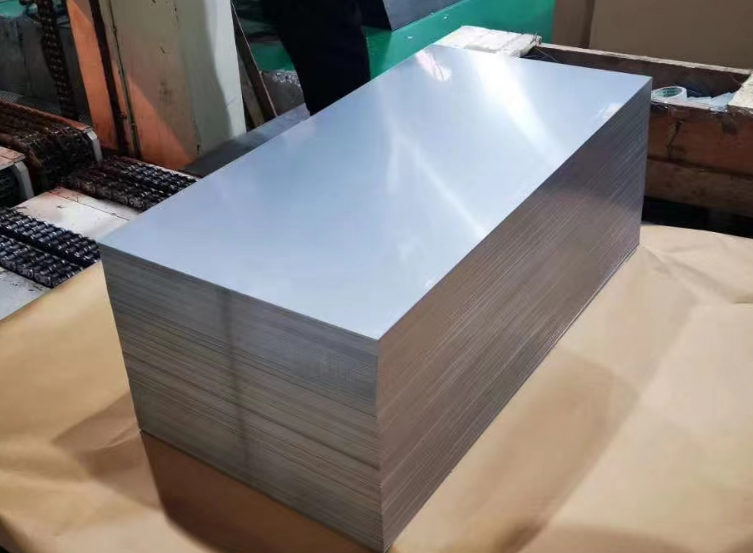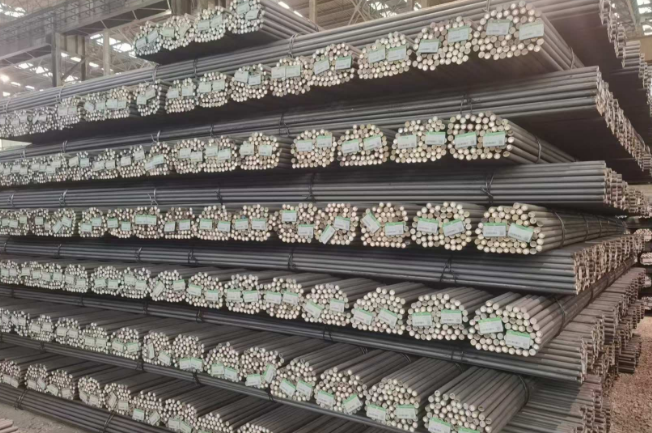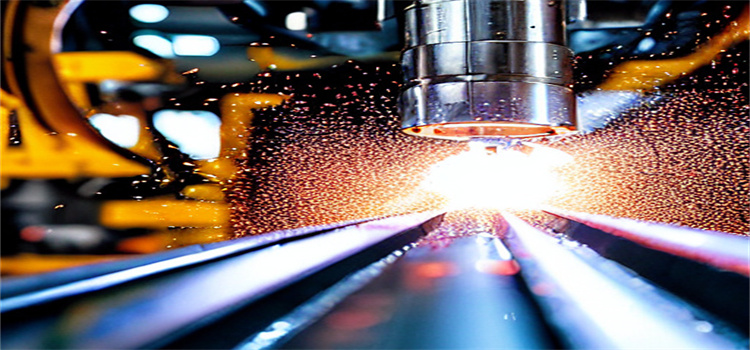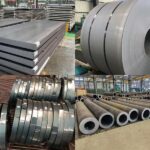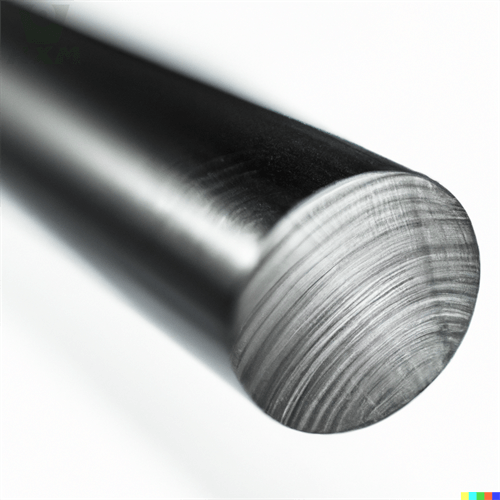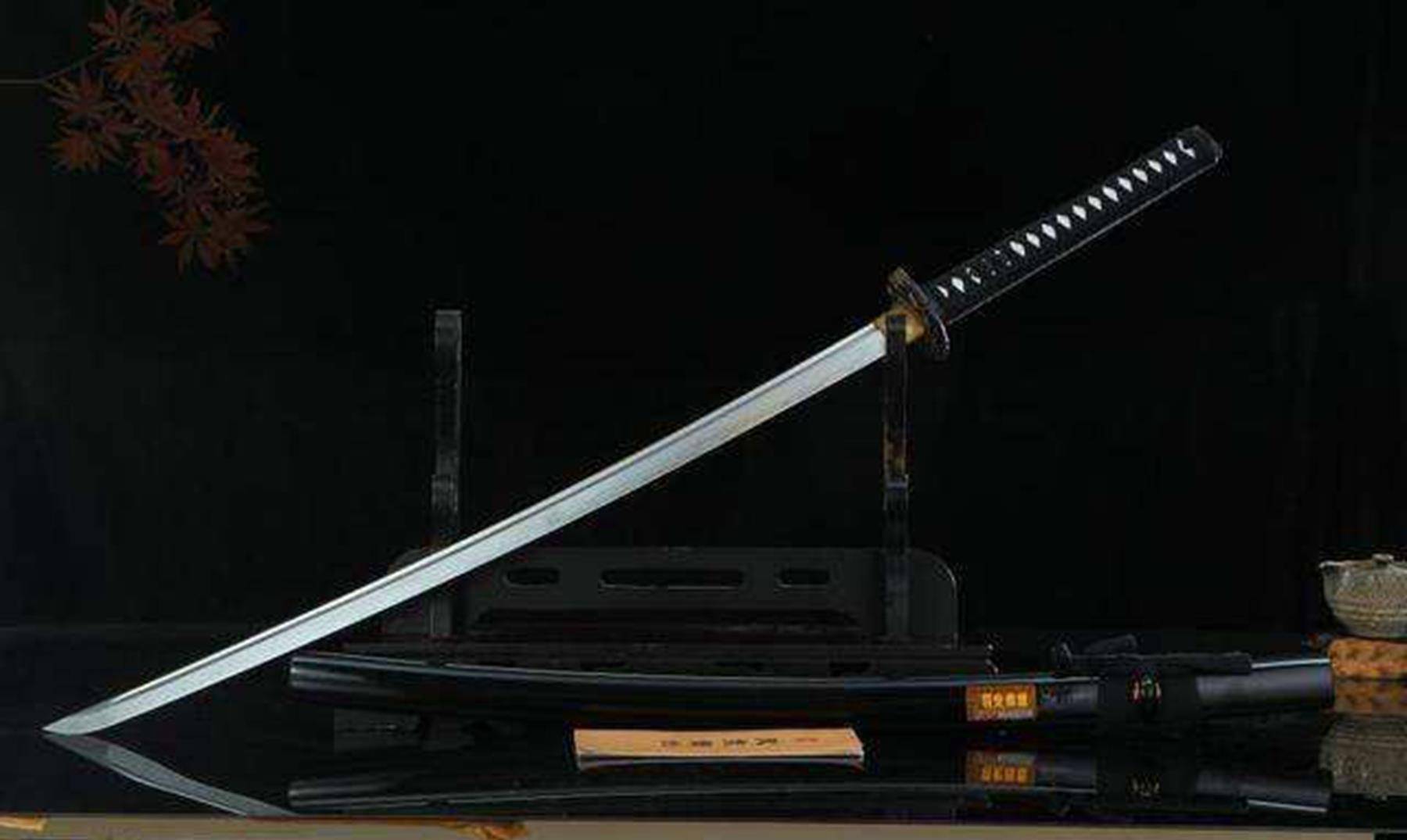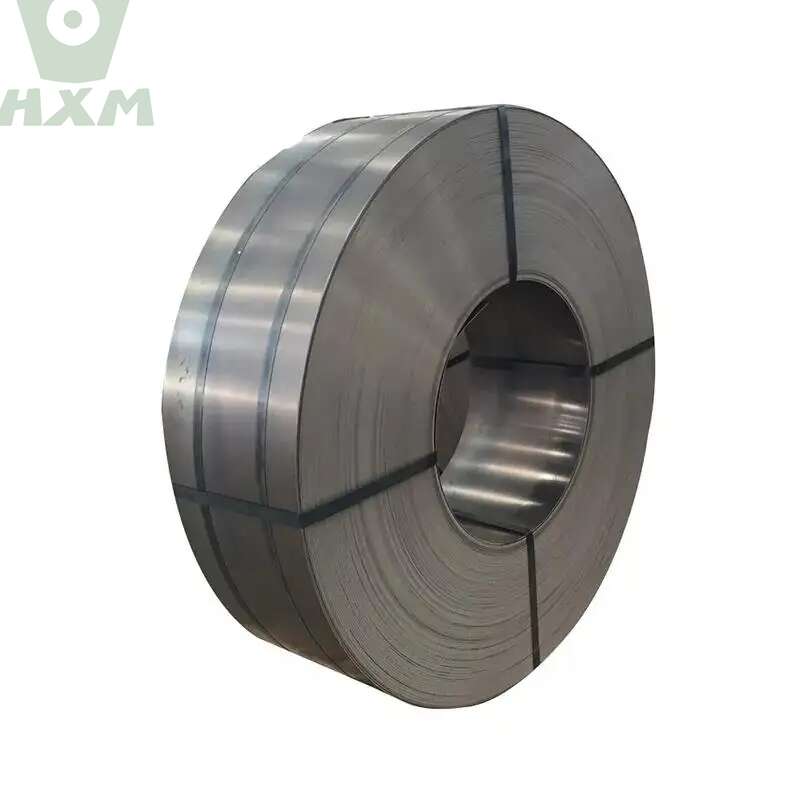Low -Carbon Steel
Huaxia-steel——Low-Carbon Steel Supplier
Low-carbon steel, also known as mild steel, is a type of steel with a relatively low carbon content, typically ranging from 0.05% to 0.25%. Its low carbon content makes it softer and more ductile compared to other types of steel. Low-carbon steel is widely used in various applications due to its affordability, ease of fabrication, and versatility. It is commonly used in construction, automotive manufacturing, machinery, and structural components.
Huaxia-steel is a professional low-carbon steel supplier. We offer mild steel products including all grades in the table below:
Grades of low-carbon steel
| SAE/AISI Grade | USA (ASTM) | Japan (JIS) | China (GB/T) |
|---|---|---|---|
| SAE/AISI 1006 | ASTM A366 | JIS G3131 SPHD | GB/T 700 Q195 |
| SAE/AISI 1008 | ASTM A109 | JIS G3141 SPCC | GB/T 700 Q215 |
| SAE/AISI 1010 | ASTM A513 | JIS G3445 STKM11A | GB/T 700 Q235 |
| SAE/AISI 1015 | ASTM A36 | JIS G3101 SS400 | GB/T 700 Q235 |
| SAE/AISI 1020 | ASTM A513 | JIS G3445 STKM12C | GB/T 700 Q235 |
Properties of low-carbon steel
Huaxia-steel——Low-Carbon Steel Supplier
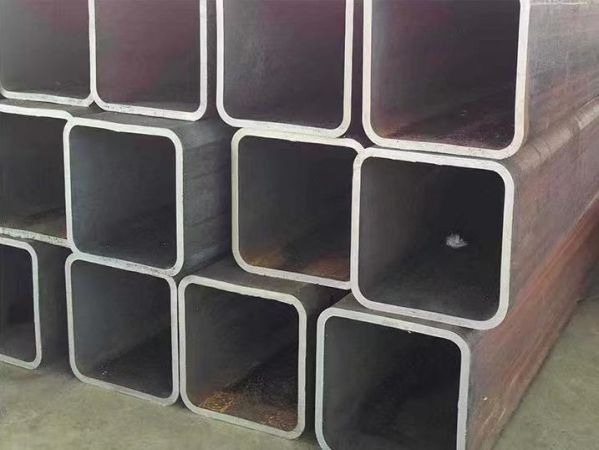
| Property | Description |
|---|---|
| Carbon Content | Typically ranges from 0.05% to 0.25% |
| Strength | Relatively low compared to higher-carbon steels |
| Ductility | High, making it easy to form and shape |
| Weldability | Excellent, suitable for various welding processes |
| Machinability | Good, allowing for easy machining and fabrication |
| Toughness | Moderate, offering reasonable impact resistance |
| Corrosion Resistance | Low, prone to rusting and corrosion without protective coatings |
| Cost | Affordable, making it widely used in various applications |
Applications of low-carbon steel
Huaxia-steel——Low-Carbon Steel Supplier
Construction and Structural Components:
- Prominent Grade: ASTM A36
- Description: Low-carbon steel, particularly ASTM A36, is widely used in construction for structural components such as beams, columns, and structural plates due to its good weldability, ductility, and strength.
Automotive Manufacturing:
- Prominent Grade: SAE/AISI 1008
- Description: Low-carbon steel, like SAE/AISI 1008, is commonly used in automotive manufacturing for various components including body panels, chassis parts, and structural reinforcements due to its formability, weldability, and affordability.
Piping and Tubing:
- Prominent Grade: ASTM A53
- Description: Low-carbon steel, such as ASTM A53, is frequently utilized in piping and tubing applications for conveying fluids or gases in plumbing, construction, and industrial settings due to its ease of fabrication, durability, and cost-effectiveness.
Appliance Manufacturing:
- Prominent Grade: ASTM A1008
- Description: Low-carbon steel, represented by ASTM A1008, is commonly employed in the manufacturing of household appliances such as refrigerators, washing machines, and dishwashers due to its excellent formability, surface finish, and corrosion resistance properties.
General Engineering Applications:
- Prominent Grade: SAE/AISI 1010
- Description: Low-carbon steel, like SAE/AISI 1010, finds widespread use in various general engineering applications including machinery parts, fasteners, and components requiring moderate strength and good machinability.
These are some of the key applications of low-carbon steel, along with prominent grades commonly used in each application. Low-carbon steel’s versatility, affordability, and favorable mechanical properties make it suitable for a wide range of industrial and commercial applications.
Recent posts
At Huaxia-steel, we are reliable carbon steel suppliers that offers a wide range of high-quality carbon steel products to meet the needs of industrial applications.
Our carbon steel pipes and tubes are made from top-grade materials, ensuring durability and long-lasting performance. We offer a range of carbon steel products, including seamless and welded pipes and tubes, as well as fittings and accessories. We are committed to delivering the highest quality carbon steel products at competitive prices.
Whether you need standard or custom carbon steel products, we have the expertise and resources to deliver them. Partner with Huaxia-steel for your carbon steel needs and experience reliable, high-quality products and exceptional customer service. Carbon steel, named for its high carbon content, is a popular material in many industries due to its durability, strength, and affordability. Used in construction, manufacturing, and transportation, carbon steel is a versatile material that can be shaped into a variety of products. Huaxia-steel offers a wide range of carbon steel products, including pipes, tubes, and plates, to meet the needs of our customers worldwide.
REQUEST A QUOTE FOR MORE DETAILS
All You Need To Know About low-Carbon Steel
Huaxia-steel——Low-Carbon Steel Supplier
Carbon Steel vs. Mild Steel:
- Carbon steel is a broad category of steel that contains varying amounts of carbon, typically ranging from 0.05% to 2%. Mild steel, on the other hand, is a specific type of low-carbon steel with a carbon content typically between 0.05% to 0.25%.
- While all mild steel is carbon steel, not all carbon steel is mild steel. Mild steel refers specifically to low-carbon steel with a relatively low carbon content and is often used in applications where formability, weldability, and ease of machining are important.
Low Carbon Mild Steel Properties:
- Low carbon mild steel is characterized by its relatively low carbon content, typically ranging from 0.05% to 0.25% by weight.
- Properties of low carbon mild steel include good formability, weldability, ductility, and machinability. It is often chosen for applications where these properties are essential, such as construction, automotive, and general engineering.
Carbon Content in Mild Steel:
- Mild steel typically contains a carbon content ranging from 0.05% to 0.25%. This relatively low carbon content contributes to its mild properties, such as good formability and weldability, while maintaining sufficient strength for many applications.
Is Carbon Steel the Same as Mild Steel:
- Carbon steel is a broad category of steel that encompasses various grades with different carbon content levels. Mild steel is a specific type of low-carbon steel within the carbon steel category.
- While mild steel is a form of carbon steel, it is differentiated by its relatively low carbon content and specific properties such as formability and weldability.
Density of Low Carbon Steel:
- The density of low carbon steel, like other types of steel, typically ranges from 7.75 g/cm³ to 7.87 g/cm³. However, the exact density can vary depending on the specific alloy composition and processing conditions.
High Carbon Steel vs. Low Carbon Steel:
- High carbon steel contains a higher percentage of carbon, typically above 0.5% by weight, compared to low carbon steel, which has a carbon content typically below 0.25%.
- High carbon steel offers greater hardness, strength, and wear resistance but is less ductile and more brittle compared to low carbon steel. It is often used in applications where hardness and strength are critical, such as cutting tools, springs, and knives.
Is Low Carbon Steel Magnetic?
- Yes, low carbon steel is generally magnetic. However, the degree of magnetism can vary depending on factors such as alloy composition, processing, and heat treatment. In most cases, low carbon steel exhibits magnetic properties due to its iron content and crystalline structure.
We’d like to work with you
If you require further information about our metal sheet products or architectural projects, please don’t hesitate to leave your contact details and message here.
Huaxia-Steel – carbon steel suppliers will respond within 24 hours to continue the discussion and provide you with any additional information you requires.

